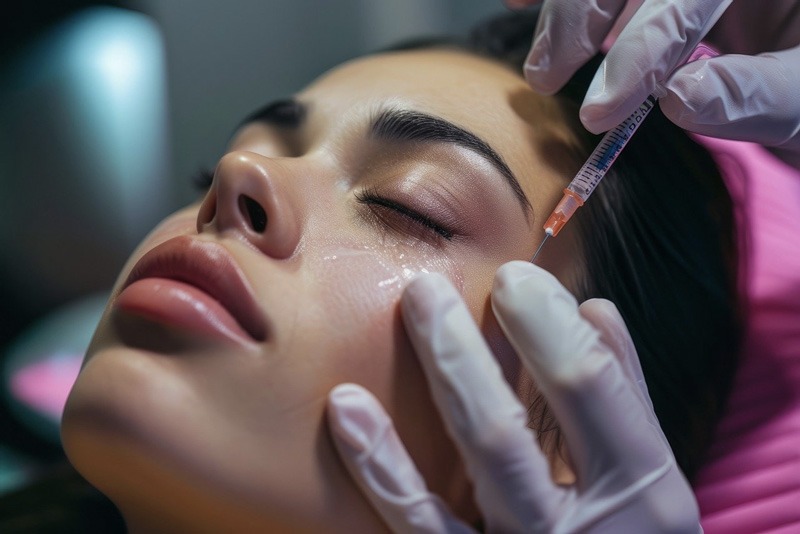
NHS Norfolk wishes everyone a Merry Christmas, and is urging people of all ages to drink sensibly over the festive period.
The Chief Medical Officer recommends that men should not regularly drink more than 3-4 units of alcohol daily. Women should not regularly drink more than 2-3 units daily. A glass of wine or an average pint of beer can often be the equivalent to three units.
This year NHS Norfolk is warning about the dangers of binge drinking, and about the dangers of mixing alcohol and prescription drugs.
The NHS classifies binge drinking as drinking more than double the amount of recommended daily units in one session. For men this is over eight units (more than 3 pints of medium strength lager), and for women, over six (more than 2 glasses of wine).
Euan Williamson, NHS Norfolk’s Lead Commissioner for Substance Misuse, said: “Binge drinking amongst younger age groups is well documented. Binge drinking can increase the risk of sexual and physical assault on women, and risky sexual behaviour of men and women. It also plays a large part in violent behaviour amongst men and women, especially when out in pubs and clubs.
“We urge everyone to drink sensibly this Christmas. By being aware of how much you’re drinking, and sticking to the recommended guidelines you can still have a good time – and remember it afterwards.”
In Norfolk, it is estimated that about 35,000 people have a mild, moderate or severe alcohol dependency. Among the risks associated with binge drinking are unsafe sex, unplanned pregnancies, high chances of accidents and aggressive behaviour.
Alcohol-related hospital admissions are increasing at a rate of 70,000 per year in England. Alcohol costs the health service £2.7bn each year.
* Certain types of cancer, especially breast cancer
* Depression
* Memory loss, brain damage or even dementia
* Increased risk of heart disease and stroke
* Liver disease, such as cirrhosis and liver cancer
* Stomach damage
* Potentially fatal alcohol poisoning
If you are taking prescription drugs, mixing them with alcohol can be particularly dangerous.
Dr Ian Mack, Chair of NHS Norfolk’s Clinical Executive Committee, said: “If people are drinking alcohol and taking prescribed medication it can have a very complex effect on the body. Alcohol affects the way the liver processes many drugs.
“This means the drugs may not do the job they were intended for. Mixing alcohol and prescribed drugs can cause nausea and vomiting – and can have even more serious side effects.”
* Setting yourself a limit and keeping to it
* Sticking to lower strength beers, wines and spirits
* Sticking to smaller measures
* Trying to avoid drinking every night. Have a few nights off
* Alternating alcohol and non-alcoholic drinks
* Finding alternative ways of socialising
* Never leave your drink unattended
To calculate how many units of alcohol you are drinking visit: www.nhs.uk/Tools/Pages/Alcoholcalculator.aspx








